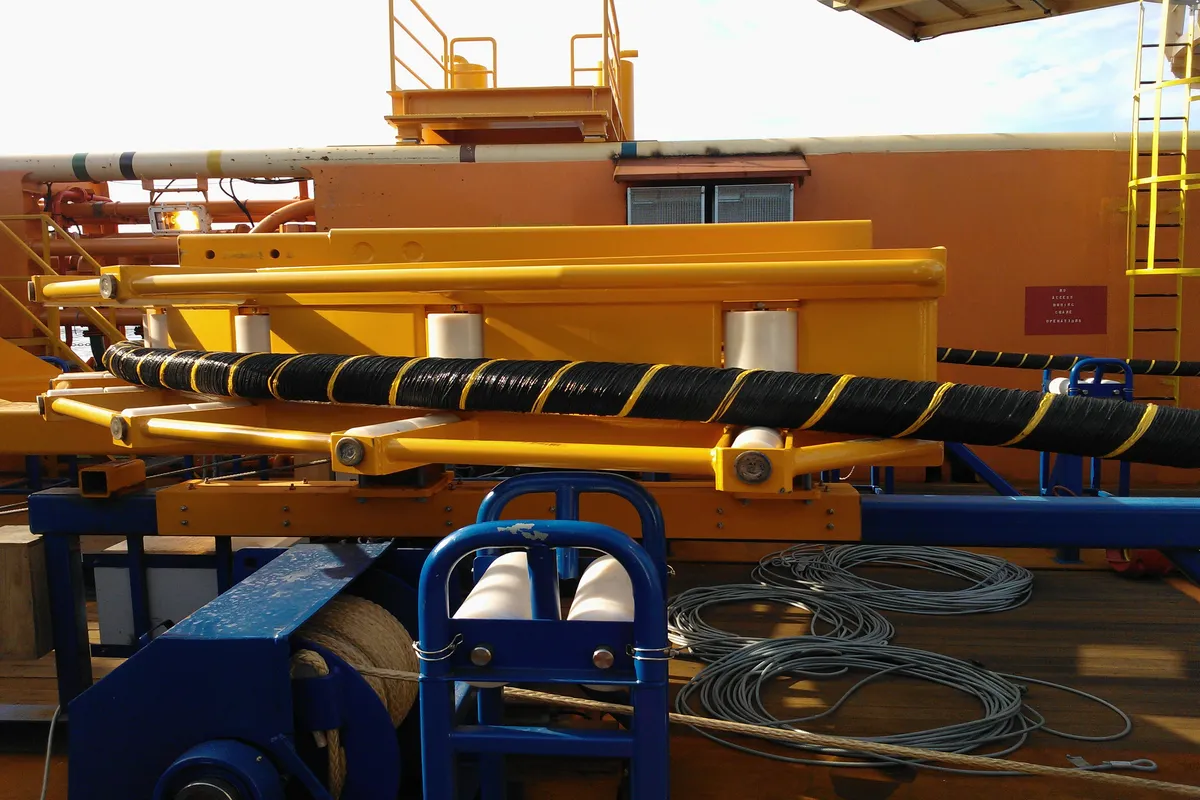The rise of offshore wind means specialist vessels are increasing their activity in shallow waters.
With this in mind, the International Marine Contractors Association (IMCA) has released Guidance which aims to support Dynamic Positioning (DP) operations in shallow waters.
Recommended Practice for Shallow Water DP Operations (IMCA M263) expands on topics mentioned in previous IMCA Guidance, offering a broader understanding of DP operations in waters where more fixed assets can be found in condensed work areas and where the increased numbers of vessels can raise the risk of collision.
M263 will assist land-based project managers to better understand time scales and processes and adjust expectations accordingly.
In addition, it will reduce downtime of heavy lift operations during the installation phase and assist with walk-to-work operations throughout the life of the windfarm.
Whilst not wanting to repeat existing guidance, the document does stress the importance of having two Dynamic Positioning Operators (DPOs) on watch, dedicated solely to the safety of bridge operations.
It also provides brief but essential information when deciding which position reference systems to utilise in shallow water and some of the additional environmental factors that need to be considered.
By bridging knowledge gaps, it aims to empower vessel operators to be able to challenge unrealistic expectations from onshore managers and ensure more realistic timings are applied.
This is especially important for Marine operations, which often run a higher risk of collision during simultaneous operations (SIMOPS).
Richard Purser, Technical Adviser – Marine, IMCA said:
“The publication of this Guidance was explicitly requested by our Members, the participants at our DP Conference in 2022, and the DP Committee as a way of providing additional support for DPOs, project engineers, planners and clients.
It addresses the pressures caused by unrealistic expectations throughout the installation process, which will decrease the risk of human error. Not only do we hope that this will cut down on downtime caused by near-misses, collisions and other incidents, but it will ensure a safer working environment”.
 Marine Regulations NewsMatko Rak
Marine Regulations NewsMatko Rak
 Marine Regulations NewsMatko Rak
Marine Regulations NewsMatko Rak

Sign up for our newsletter
Your most up-to-date maritime regulations news
It's free. No spam. Cancel anytime.









Related News
ABS launches Unified Offshore Rules for Enhanced Navigation and Technology Support
Dec 04, 2024
India forms Working Group for offshore regulatory gap assessment and training improvement
Nov 12, 2024
USCG safety alert: Corrosion risks in lifeboat air cylinders
Nov 07, 2024